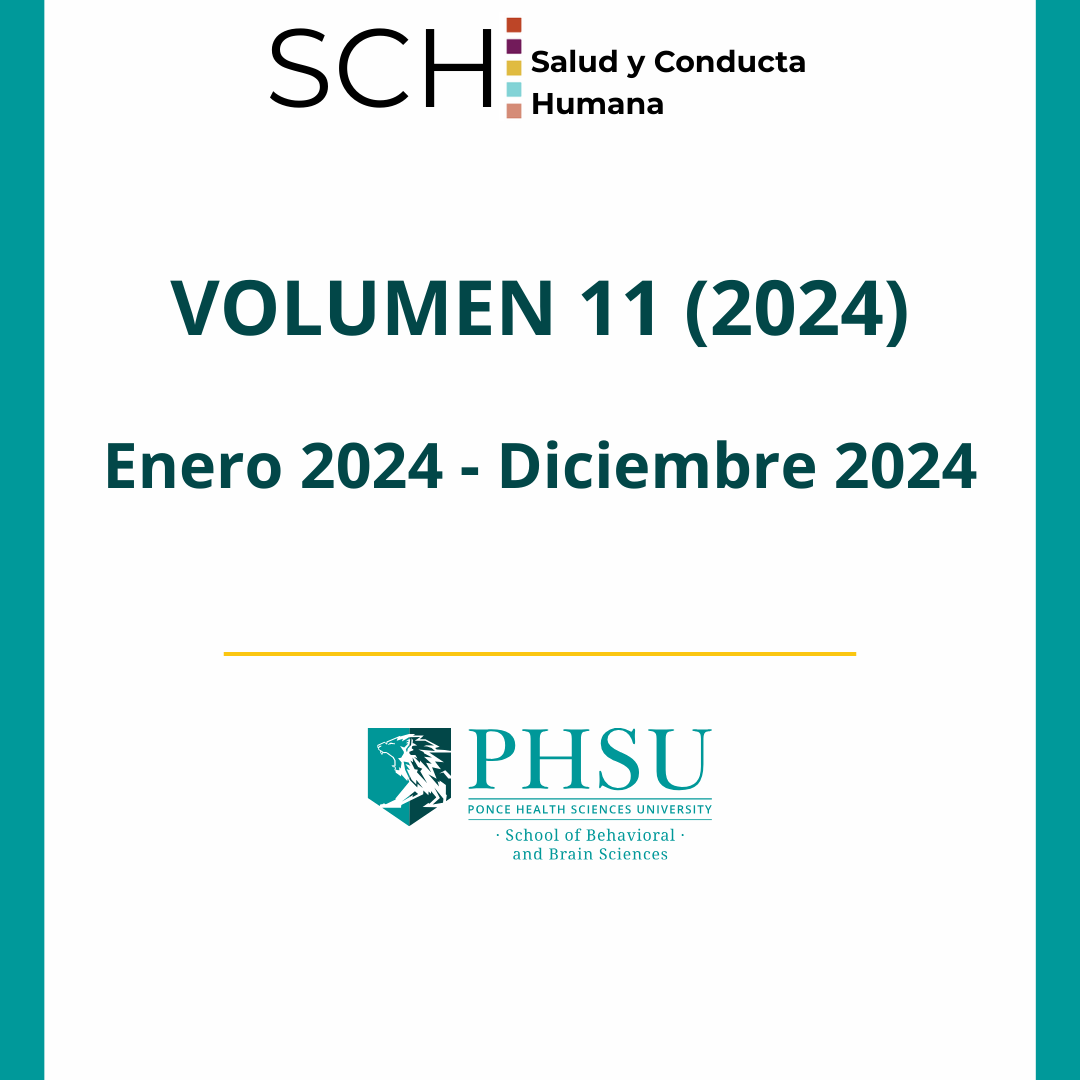The Relationship Between Psychological Well-Being and Academic Achievement Among University of Puerto Rico Students
DOI:
https://doi.org/10.71332/3xget350Resumen
Students from the University of Puerto Rico (UPR) have overcome adversities, including hurricanes, earthquakes, the pandemic, and fiscal crises. These difficulties have caused feelings of uncertainty, helplessness, and depression, severely impacting student mental health and academic performance. The objective was to explore if there was significant correlation between college student psychological well-being and academic achievements. Researchers employed a cross-sectional design with convenience sampling of 1,065 students from the UPR, Río Piedras campus. The data were collected via an online survey administered through SurveyMonkey. The instrument used was the Survey for Psychological Wellbeing (EBP, Spanish). The database for the sample was created using SPSS v. 27, and data analysis was performed in Intellectus Statisticsled. The results of the Spearman correlation analysis revealed that student GPA was positively correlated with several subscales of psychological well-being, including positive relations (p = .015, 95% CI = [.01, .13]), self-acceptance (p < .001, 95% CI = [.16, .27]), personal growth (p < .001, 95% CI = [.08, .19]), autonomy (p = .001, 95% CI = [.04, .16]), domain of the environment (p < .001, 95% CI = [.13, .25]), and life purpose (p < .001, 95% CI = [.15, .27]). The result demonstrated a significant positive relationship between psychological well-being and academic achievement among UPR students. Therefore, when students’ psychological needs are being met, they will be more likely to succeed academically. Researchers suggest that universities address various social, educational, and environmental factors impacting student well-being and recommend implementing strategies that promote mental health and academic performance.
Descargas
Descargas
Publicado
Número
Sección
Licencia
Derechos de autor 2025 Salud y Conducta Humana

Esta obra está bajo una licencia internacional Creative Commons Atribución 4.0.


